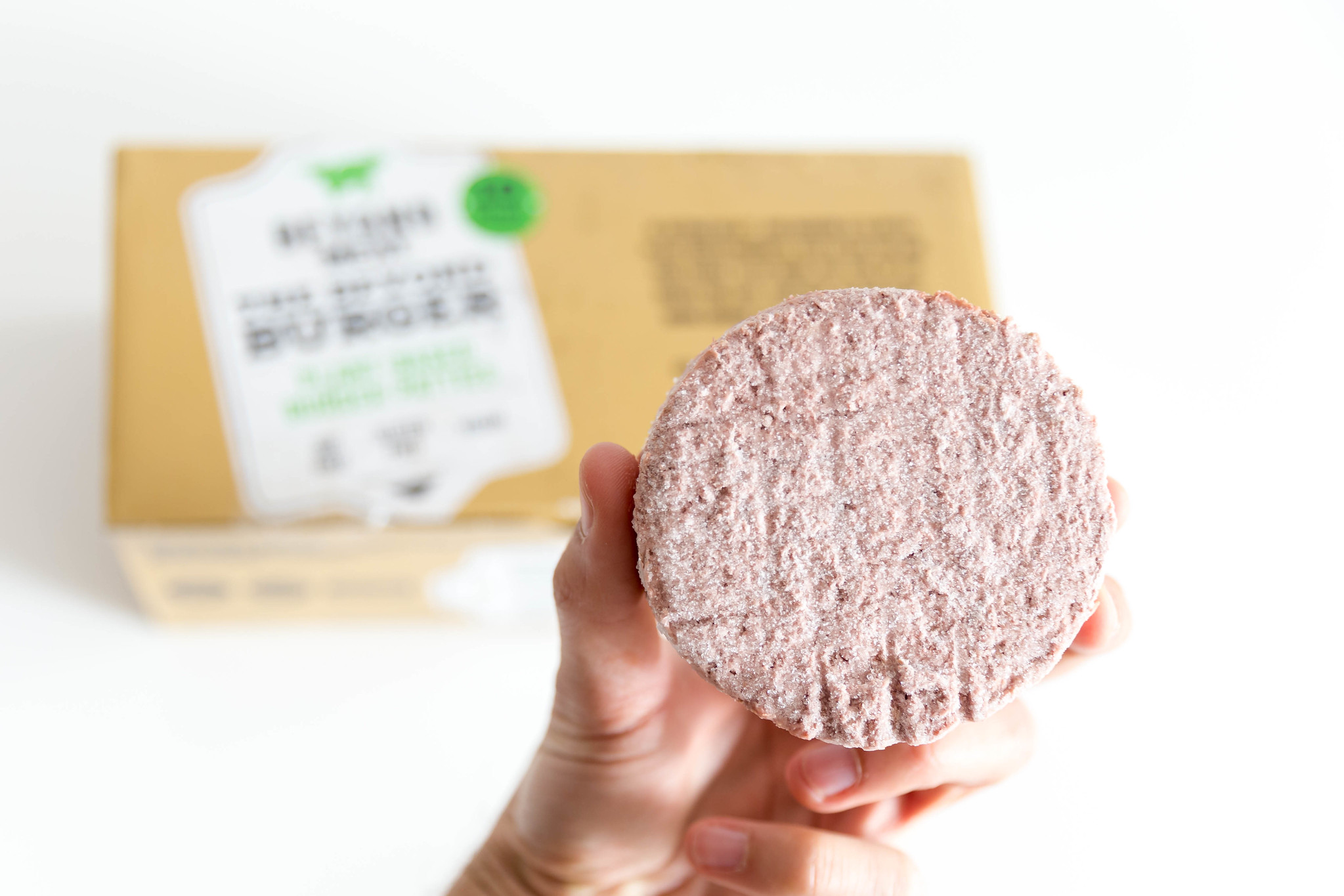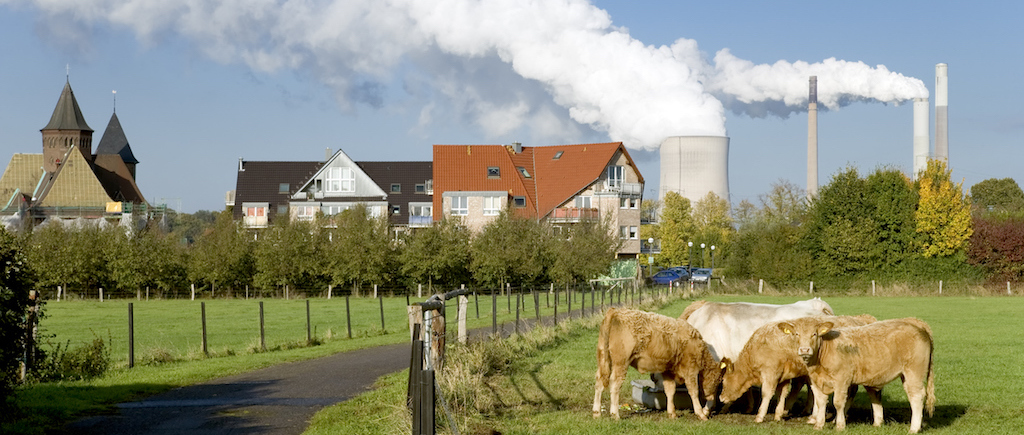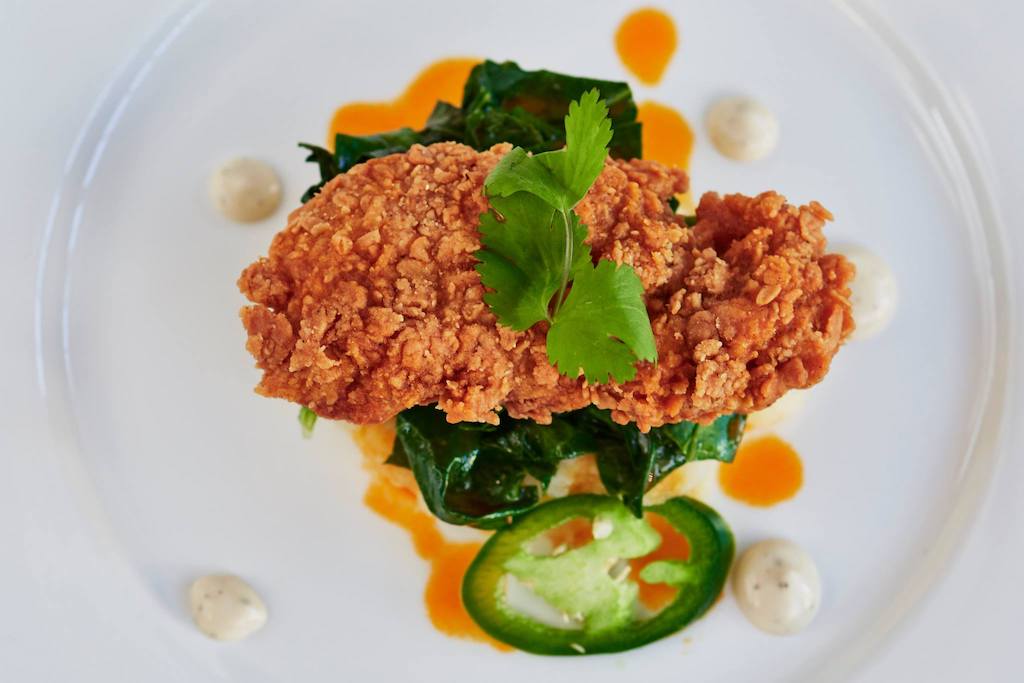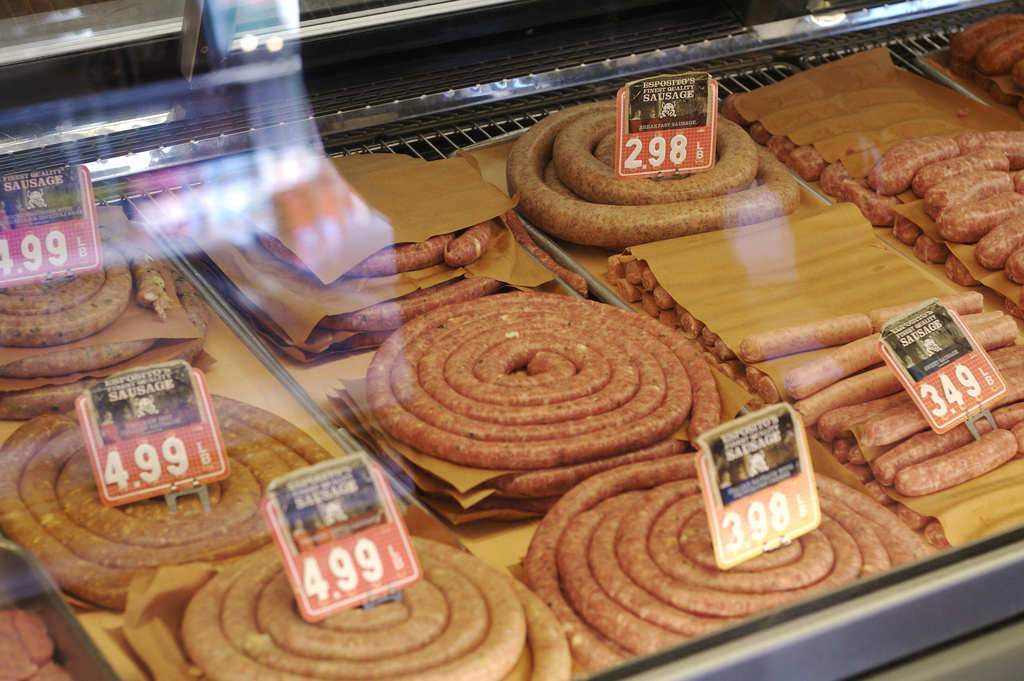After a highly visible initial public offering three months ago—the biggest since 2008—Beyond Meat today announced its first-quarter earnings. Biggest takeaway? The hype is far from dying down.
Today, Beyond Meat announced its 2nd quarter earnings, totaling more than $67.3 million (even higher than industry expectations of $52.7 million). And at today’s closing bell, the price-per-share was $229, a stunning 775 percent increase over the initial share price of $25 in early May.
No one can dispute that it’s been a pretty wild and very fast ride for BYND in three short months. Though share prices dipped some in advance of the Q2 report—analysts blamed “investor jitters”—it’s clear that public interest hasn’t seemed to wane.
Watch editor Kate Cox discuss Beyond Meat’s earnings on CNBC:
But plenty of analysts think its valuation is bloated at best, if not plain outrageous. (CNBC predicts the alternative meat company could suffer the same fate as bitcoin). It’s important to keep in mind that Beyond Meat isn’t yet making a profit. While it is well-established and has been selling products for a decade, it’s got some distance to travel to justify its current stock price with $5 billion in sales by 2029.
“The valuation implies a massive market potential,” says Bob Goldin, a consultant who works on emerging and specialty food industry segments, and who previously worked for the Gardenburger company. “You know, I’ve seen some analysts say it’s going to be 10 to 15 percent of the protein market. I don’t know what they’re smoking! It’s unfathomable it’ll be that big in our lifetime.”
That said, Beyond Meat has upped its production capacity to meet consumer and retailer demand, has released some additional premium products (Beyond Bacon, anyone?), and is more visible after several key partnerships in the chain restaurant sector. It also just came off of a high-visibility week, launching a Beyond Sausage breakfast sandwich with Dunkin’ Donuts at 190 locations in New York last Wednesday. And that’s a smart partnership: Dunkin’ has built its brand on making offerings affordable—selling Beyond Meat sandwiches will help remove stigma over plant-based alternatives being “premium products.”
Conversely, last week Beyond Meats was also snubbed by Chipotle, which joins Taco Bell and Arby’s in saying it won’t include meat alternatives on its menu. (Chipotle’s reason, among others, is that the company considers Beyond’s products “too processed.”)
And McDonalds, which is still the chain restaurant holy grail for a company like Beyond, remains an elusive partner. McD released earnings last week that showed same-store sales growth based largely on its own promotions and in-store tech advancements. But its core products—Big Macs and Quarter Pounders—continue to sell well. It’s a brand built on beef. (For its part, rival Burger King has partnered with Beyond Meat’s competitor Impossible Foods, still a privately held company.)
It’s curious to see just how bullish investors have been on Beyond Meat. Some analysts have suggested it’s more fun to take a risk on food right now—something new with lots of future promise that we all encounter every day—than it is to worry about market fluctuation and trade disputes. And Beyond Meat certainly has plenty of sizzle.
“I think what’s different is they have capitalized on phenomenal PR,” says Goldin, “some of which is due to the fact that, you know, they’ve had celebrity investors …. They’ve had some tech money and celebrity, so that’s part of it—to their credit, they’ve done tremendous PR.”
Sam Bloch contributed reporting for this story.











